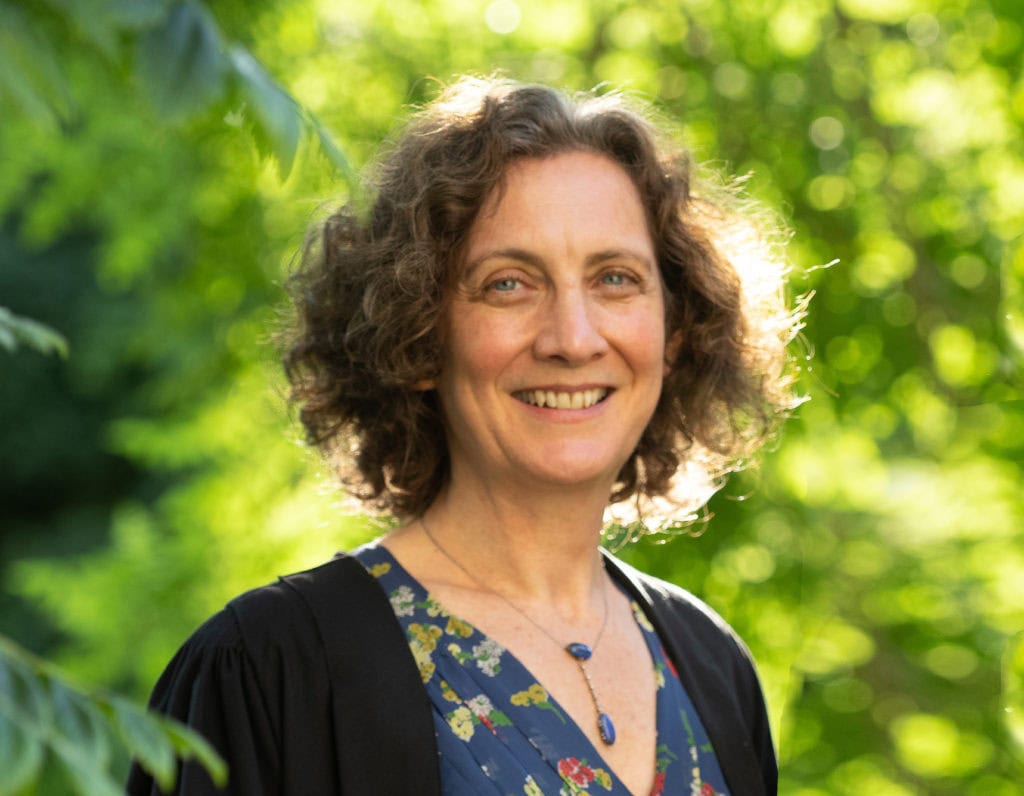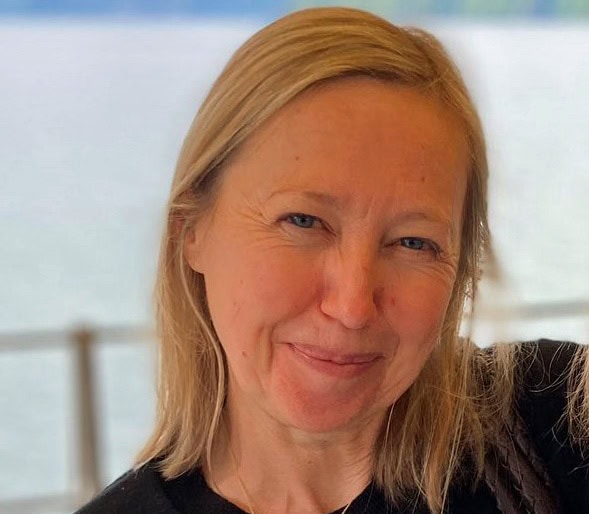Prospective Students
Are you...
Chat with students
You can chat to some of our lovely students to find out more about what it’s like to live and study at Magdalen.

At Magdalen we nurture a welcoming and supportive community where creativity and scholarship can thrive. Come and join us at our beautiful College.
Dinah rose, President of Magdalen College
In focus
Virtual tour of The Oxford Science Park
We continue our series of virtual tours with a tour of The Oxford Science Park.
Discovering the brightest talent
We believe that everyone should have the opportunity to reach their full potential and that a diverse community is a strong community.
The linguistic life of an Oxford student
Magdalen Fellow in English Professor Simon Horobin sheds light on the often confusing world of Oxford lingo.
News

Waynflete Professor of Chemistry awarded prestigious ERC grant
Magdalen’s Waynflete Professor of Chemistry, Véronique Gouverneur, has been awarded a European Research Council (ERC) Advanced Grant, one of the most prestigious and competitive funding schemes in the EU.
